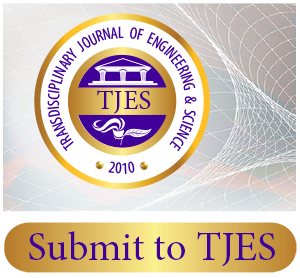Being Transdisciplinary in Human Sciences: The usefulness of Integrative Medicine in contemporary society
Abstract
In conventional medicine (Western medicine) the methods of healing are carried out externally through allopathic medicines (with several side effects), surgery and radiation (in the case of cancer) until the disease disappears - the biological dimension of the human being. However, Ayurveda (Eastern medicine) and mind-body medicine argues that the cause of some diseases, such as those in the psychiatric area (for example, a depression), is due to an imbalance between the mind (our thoughts, feelings) and the body, and so healing should also be done by the mind itself (through meditation, psychotherapy, etc.) in order to change the pattern of behavior that led to the disease (which is not relevant in Western and conventional medicine) – the psychological dimension of the human being. This “communication” is about the theme of conventional medicine (curative medicine) versus Ayurveda (preventive medicine) and mind-body medicine in order to describe the usefulness of integrative and transdisciplinary medicine – the bio-psycho-spiritual dimensions of the human being - that might contribute to goal #3 (“To ensure healthy lives and promoting well-being for all, at all ages”) of the Sustainable Development Goals (SDG) of the United Nations 2030 Agenda


